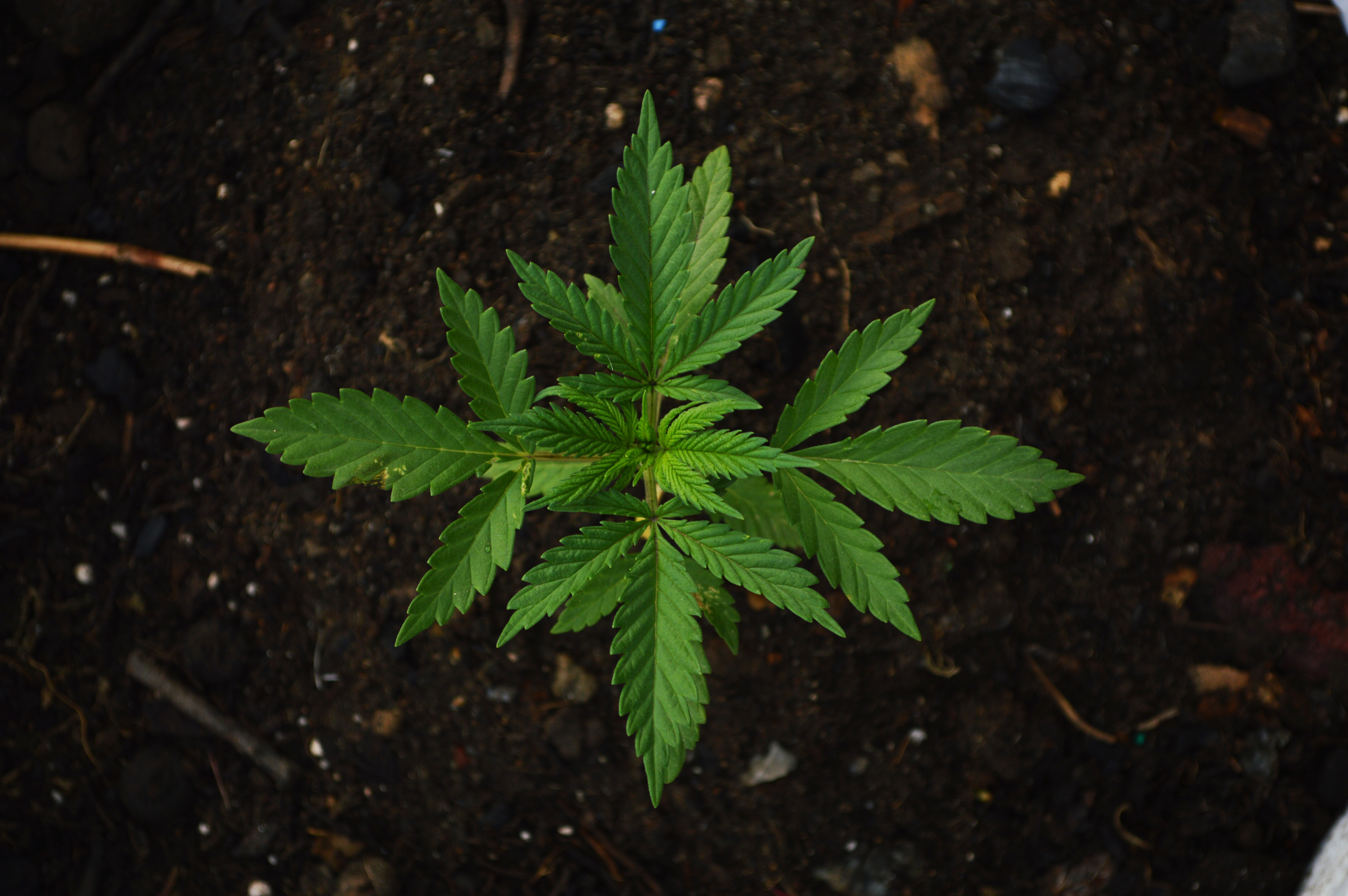
Politics & Society
Legalising medicinal cannabis: Victoria shows the way

From our archives: As more jurisdictions legalise cannabis, what do we really know about the effects of weed?
Published 4 January 2018
Psychiatrist and clinical researcher Professor David Castle discusses how cannabis represents both a public health risk and a wide-ranging therapeutic opportunity, as the once “evil weed” gains greater legal acceptance for recreational and medical use.
Researchers continue to uncover the spectrum of positive uses that some of cannabis’s active ingredients appear to offer. From cancer patients, to epileptic children, people in chronic pain and those suffering post traumatic stress disorder, marijuana holds promise to yield considerable therapeutic advantage. Alongside a fuller understanding of the benefits, however, there is continuing research into marijuana’s negative effects, particularly for developing brains.
“There’s no doubt that cannabis can have a massive impact on people’s lives. There was a lot of interest in the so-called amotivational syndrome. If you give people heavy cannabis for a long period of time, you decrease their motivation. They become very apathetic. There’s some nice experiments where they gave people a reward-based task, when they gave them cannabis their interest in pursuing the task to get the reward, be it financial reward or other reward, just diminishes. So it sort of becomes a “couldn’t care less” sort of attitude.” – David Castle

Politics & Society
Legalising medicinal cannabis: Victoria shows the way
Producer: Eric van Bemmel Audio engineer: Gavin Nebauer Recorded: 20 May 2015
Banner image: Pixabay This episode first appeared on Up Close on 5 June 2015
Subscribe to Up Close through iTunes.